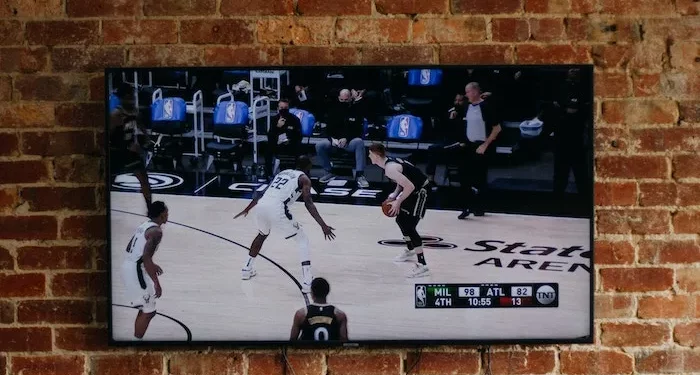Brian Wieser is worried about TV advertising’s future.
I don’t believe any other prognosticator has been so consistently right (and uniquely provocative) on the current and future state of the TV ad market than Wieser, the long-time industry analyst who led research for IPG’s Magna Global, equity shop Pivotal Research and WPP’s GroupM during the past 20 years.
Wieser is both a good friend and former colleague. I believe he’s absolutely on target in The Death of TV Advertising: A Brief History and Future Expectations, a newsletter from his new company, Madison and Wall, published earlier in March.
Like all who care about television advertising, Wieser is very concerned about recent precipitous drops in TV viewership, and audience shifts in the US and elsewhere to streaming viewing. He has never been one of those analysts who believes ad budgets are interchangeable at the parcel level, where small shifts in media consumption time from one platform to another will either suggest or dictate incremental, like-for-like shifts in spend (a la equity analyst legend Mary Meeker).
Daily reach of TV
No, Wieser’s thesis is about how replaceable TV advertising can be versus alternatives in meeting a key marketer objective that no other medium has been able to do: deliver massive, efficient consumer reach with high impact, and do it efficiently, day in and day out. American consumers today may spend more time on digital content than they do on TV, but no digital channel or property can deliver anything close to the daily reach of TV, and do it with sight, sound and motion impact.
If TV loses its predictable efficient reach, then it is only about its content and the value of individual shows. Many of them are great. Sports and prime-time shows stand out.
However, more than two-thirds of TV viewing time is not on that type of programming, but everywhere else. If TV’s reach keeps dropping, the economics of TV advertising could very well look like what happened to the music industry when it shifted from albums and CDs to individually downloaded songs. The hits got bought, and the other 10 songs dropped out of sight.
Beware, TV industry
Then there’s the issue of net. People were paying a lot more for the package of the hits and the rest, than the hits could ever generate on their own.
Beware, TV industry: If you only invest in your prime-time shows and sports, you will lose both your ability to uniquely drive massive daily reach, and your ability to price up the entire package of programming and viewing time, not just your hit shows. The total economics will be much lower.
But, most importantly, the margins will drop tremendously, because TV companies make a higher profit margin on cheap shows as compared to the tentpole shows like sports and prime-time entertainment.
Brian Wieser is worried about the future of TV advertising. What about you?
This story was first published by MediaPost.com and is republished with the permission of the author.

Dave Morgan, a lawyer by training, is the CEO and founder of Simulmedia. He previously founded and ran both TACODA, Inc, an online advertising company that pioneered behavioural online marketing and was acquired by AOL in 2007 for $275 million, and Real Media, Inc, one of the world’s first ad serving and online ad network companies and a predecessor to 24/7 Real Media (TFSM), which was later sold to WPP for $649 million. Follow him on Twitter @davemorgannyc














